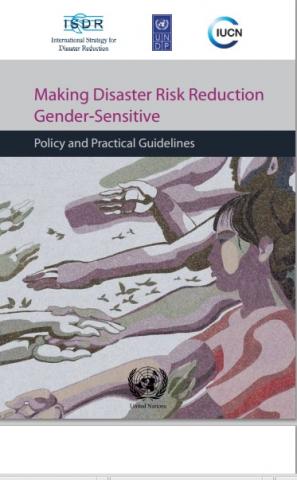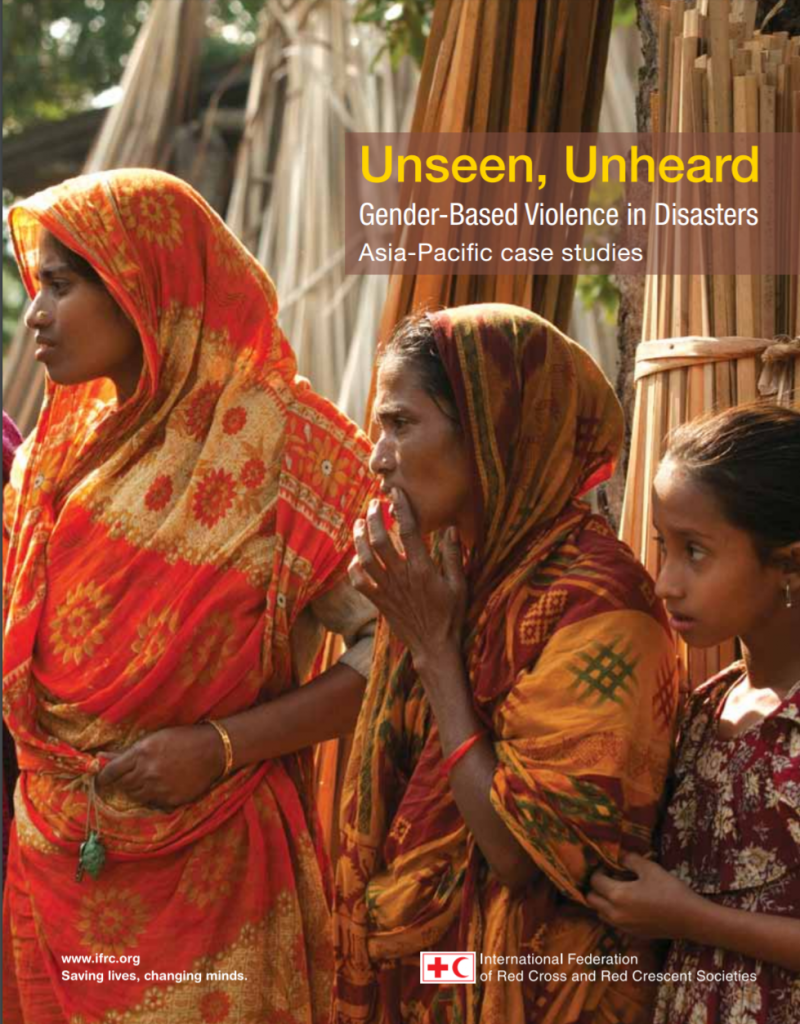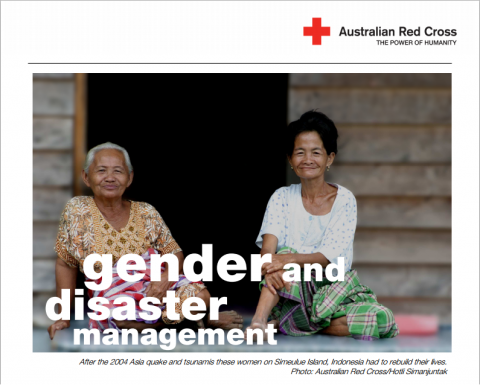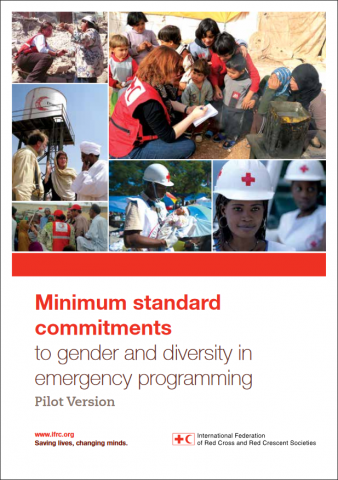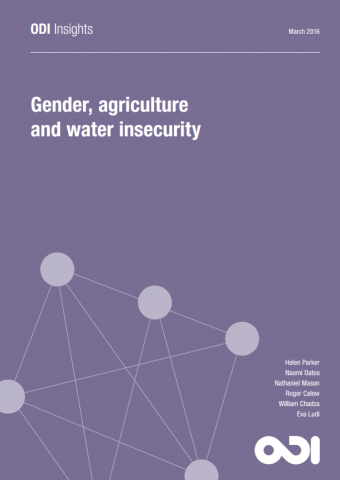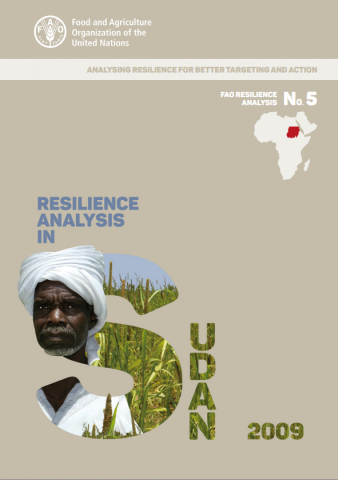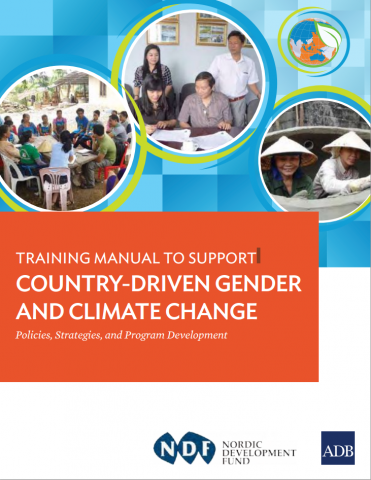Alone and Unsafe: Children, migration, and sexual and gender-based violence
A new IFRC report titled “Alone and Unsafe: Children, migration, and sexual and gender-based violence” details the elevated risk of sexual violence for unaccompanied and separated migrant children at every stage of their migratory path. The number of children migrating alone, the report estimates, included more than 300,000 in 2017 – a substantial increase over […]
Alone and Unsafe: Children, migration, and sexual and gender-based violence Read More »

